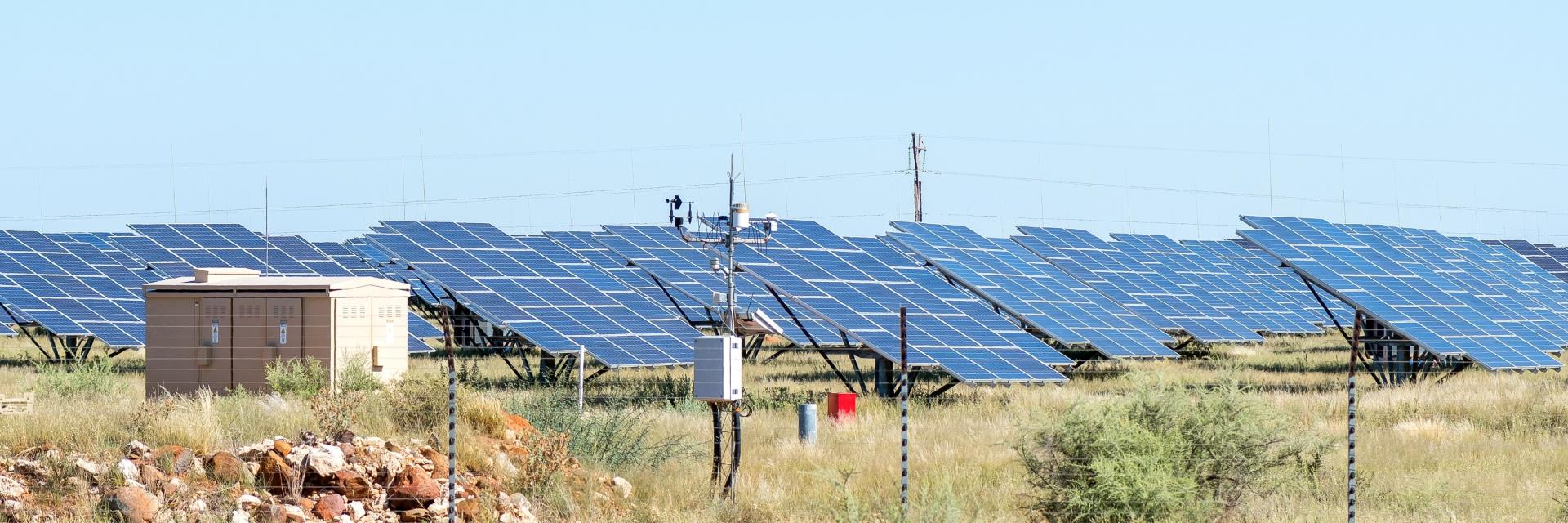Nairobi, 1 August 2025 – The ClimDev-Africa initiative marked a pivotal moment in the continent’s climate resilience agenda with the successful convening of its Joint Working Group and stakeholder planning workshop from 29 to 31 July 2025 in Nairobi. Bringing together 45 participants in person and five online, the workshop served as a catalyst for advancing the second phase of the ClimDev-Africa business plan, with a strong focus on emerging climate priorities and innovative financing strategies.
The gathering drew delegates from a broad spectrum of key African and international institutions, reflecting the collaborative spirit necessary to tackle the region’s most pressing climate challenges. Among those in attendance were representatives from the African Union Commission (AUC), United Nations Economic Commission for Africa (ECA), African Development Bank (AfDB), Pan African Climate Justice Alliance (PACJA), World Meteorological Organization (WMO), African Group of Negotiators Experts Support (AGNES), African Centre of Meteorological Application for Development (ACMAD), IGAD Climate Prediction and Applications Centre (ICPAC), Southern African Development Community Climate Services Centre (SADC-CSC), AGRYHYMET, Central African Climate Applications and Meteorological Centre (CEMACC-CSC), and the Joint Secretariat Support Office (JSSO).
At the heart of the workshop was the collective endeavor to refine the ClimDev-Africa Phase II business plan, which is a blueprint designed to address Africa’s evolving climate landscape. The sessions were meticulously structured to ensure that the business plan not only responds to traditional climate risks, but also integrates high-impact, forward-thinking solutions. The event further aimed to refine the ClimDev-Africa Phase II business plan to address emerging priorities like nature-based solutions, climate-smart agriculture, and innovative finance, while also developing concrete resource mobilization strategies. The workshop discussed a revised Phase II business plan with clear targets and proposed governance reforms to improve coordination, develop a targeted resource mobilization strategy, and design a communication plan to enhance visibility and stakeholder engagement through 2030. The final draft business plan that captured all comments and inputs will be produced before COP30.
During the workshop, participants made a field visit to ICPAC, which has been a key beneficiary of ClimDev-Africa’s project funding. The support has enabled major strides in enhancing weather observation data, forecasting infrastructure and capacity, in the east Africa and horn of Africa countries.
The outcomes of the planning workshop represent a significant milestone in Africa’s ongoing journey toward climate resilience, adaptation, and sustainable development. By building consensus among a diverse group of stakeholders and charting a course for the next phase of the initiative, the workshop has strengthened the foundation for transformative climate action.
As Africa prepares for upcoming climate summits and negotiations, the commitment demonstrated in Nairobi will serve as a beacon for collaborative solutions and innovative partnerships—ensuring that African nations continue to receive the critical support they need to plug gaps in climate data and informed climate policy options and engage meaningfully in global climate discourse platforms.
Issued by:
Communications Section
Economic Commission for Africa
PO Box 3001
Addis Ababa
Ethiopia
Tel: +251 11 551 5826
E-mail: eca-info@un.org

